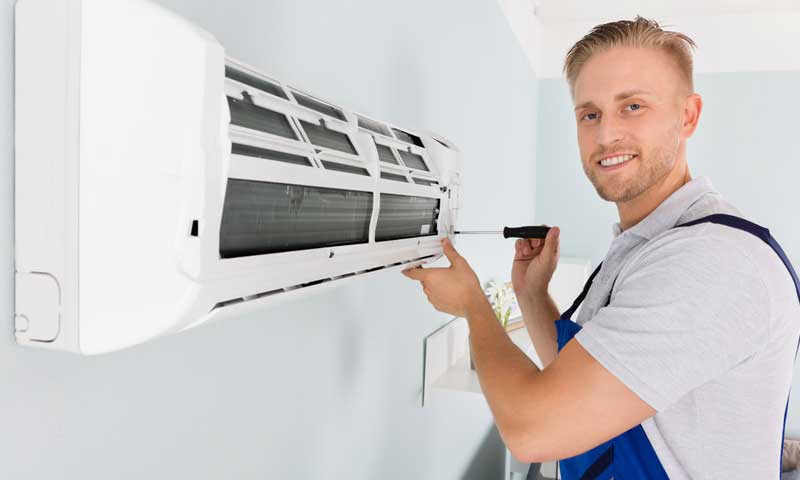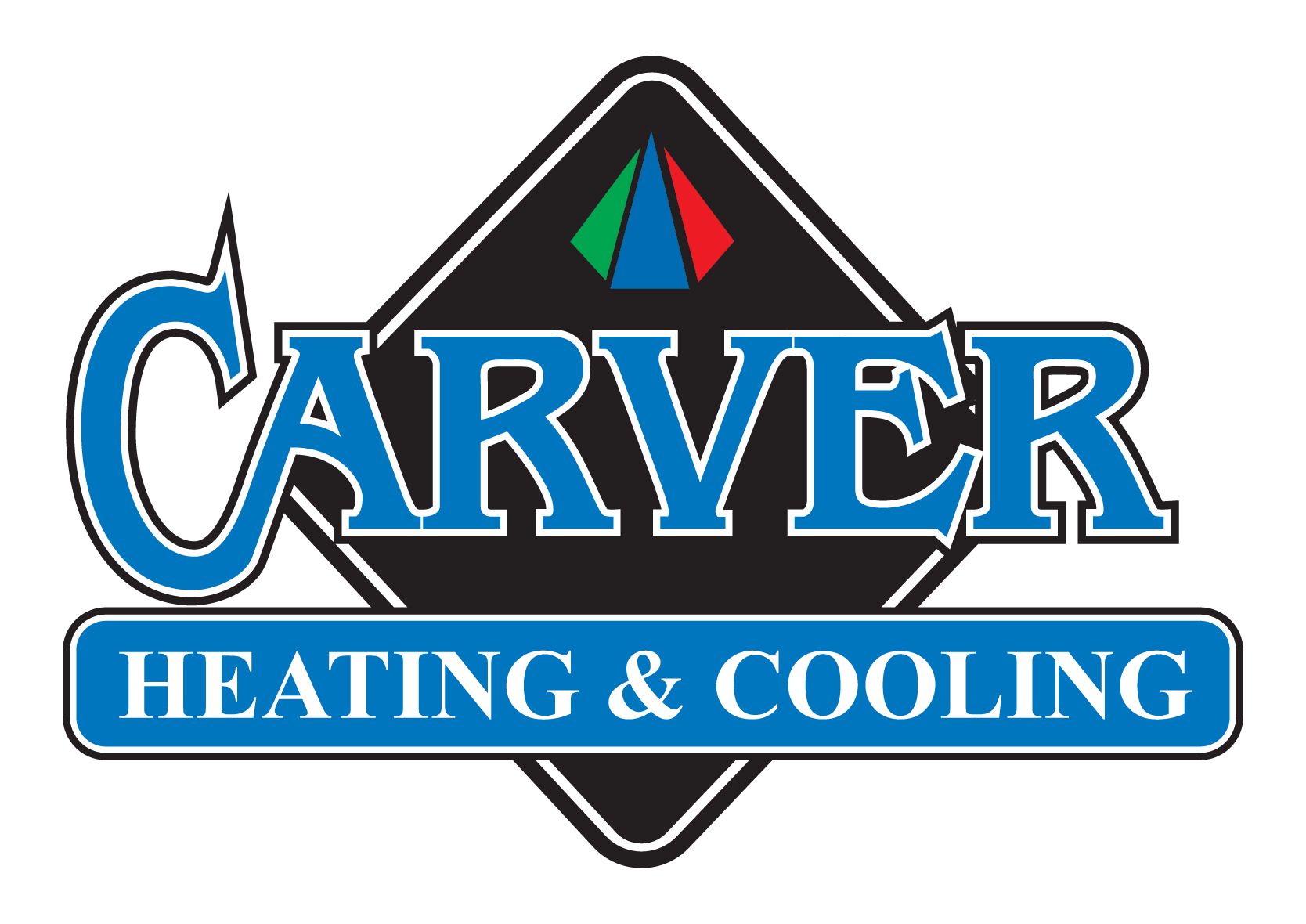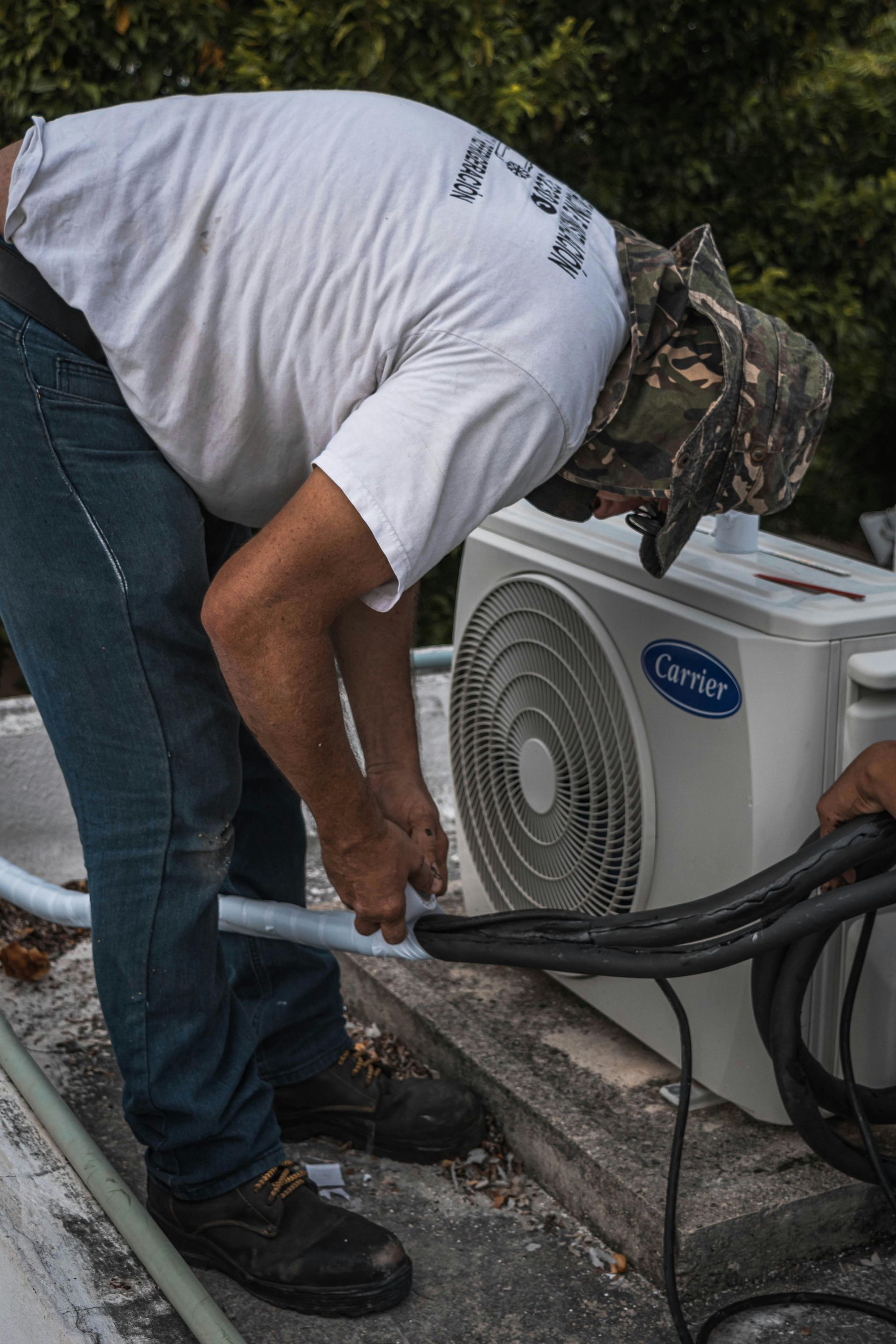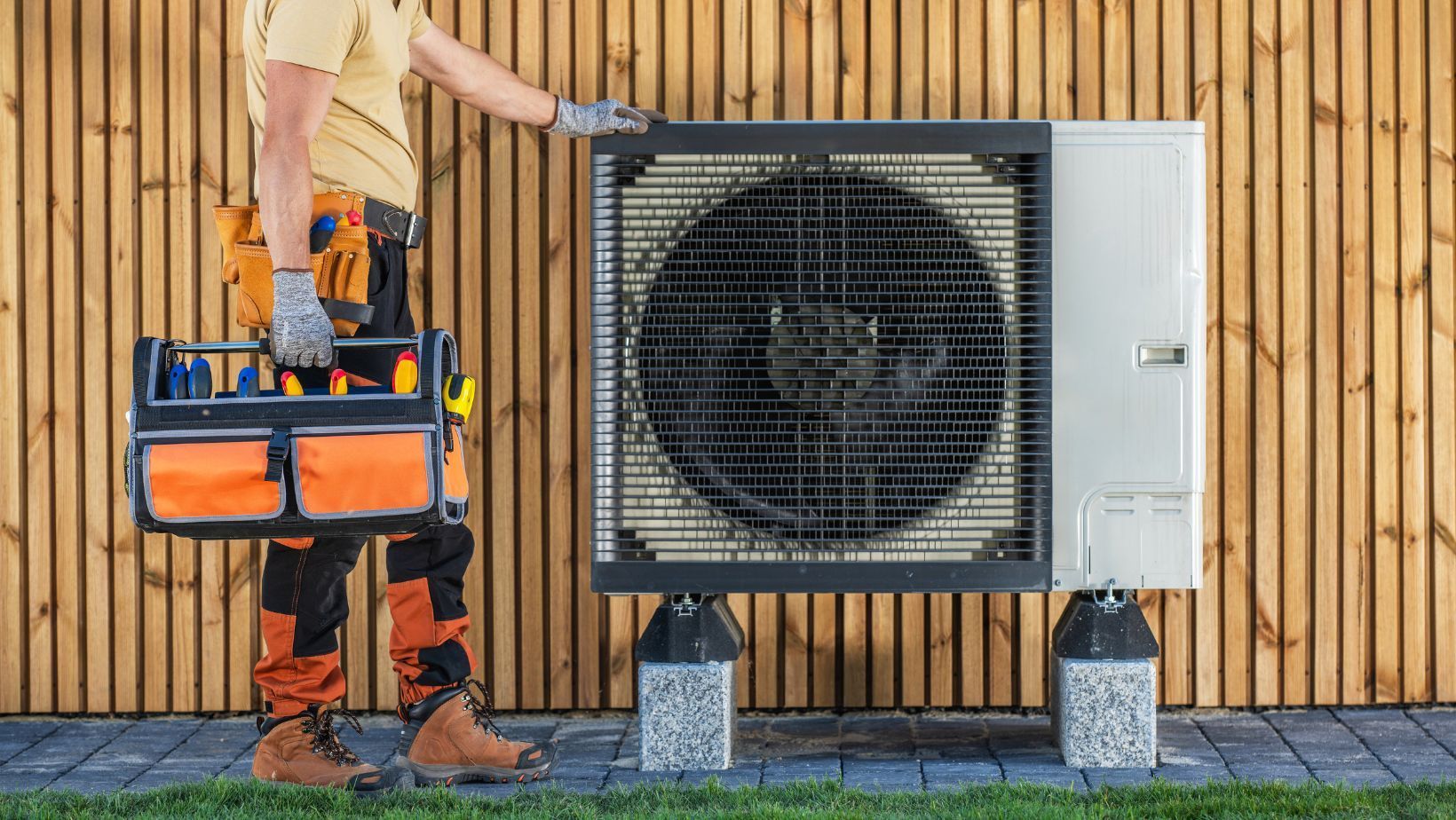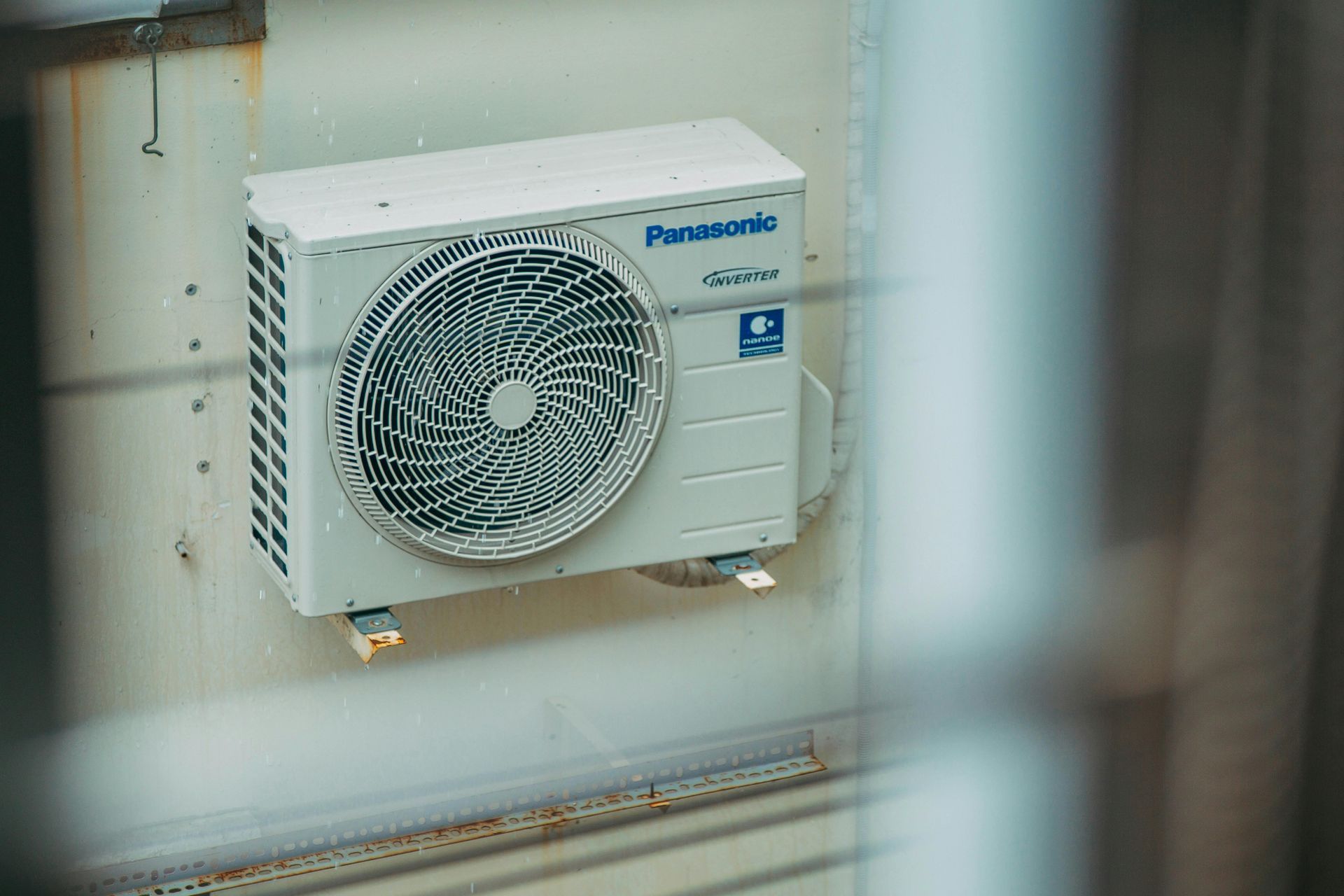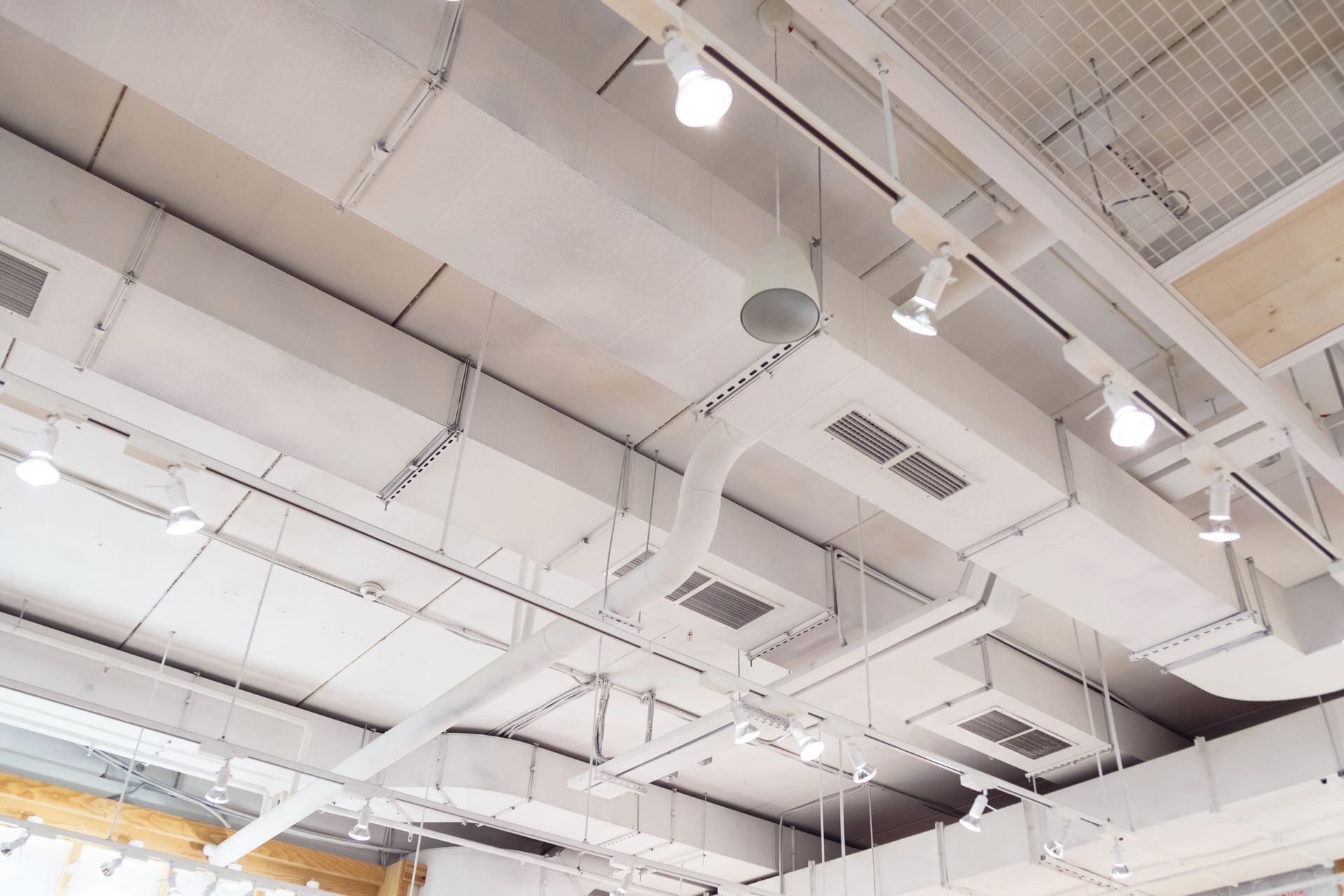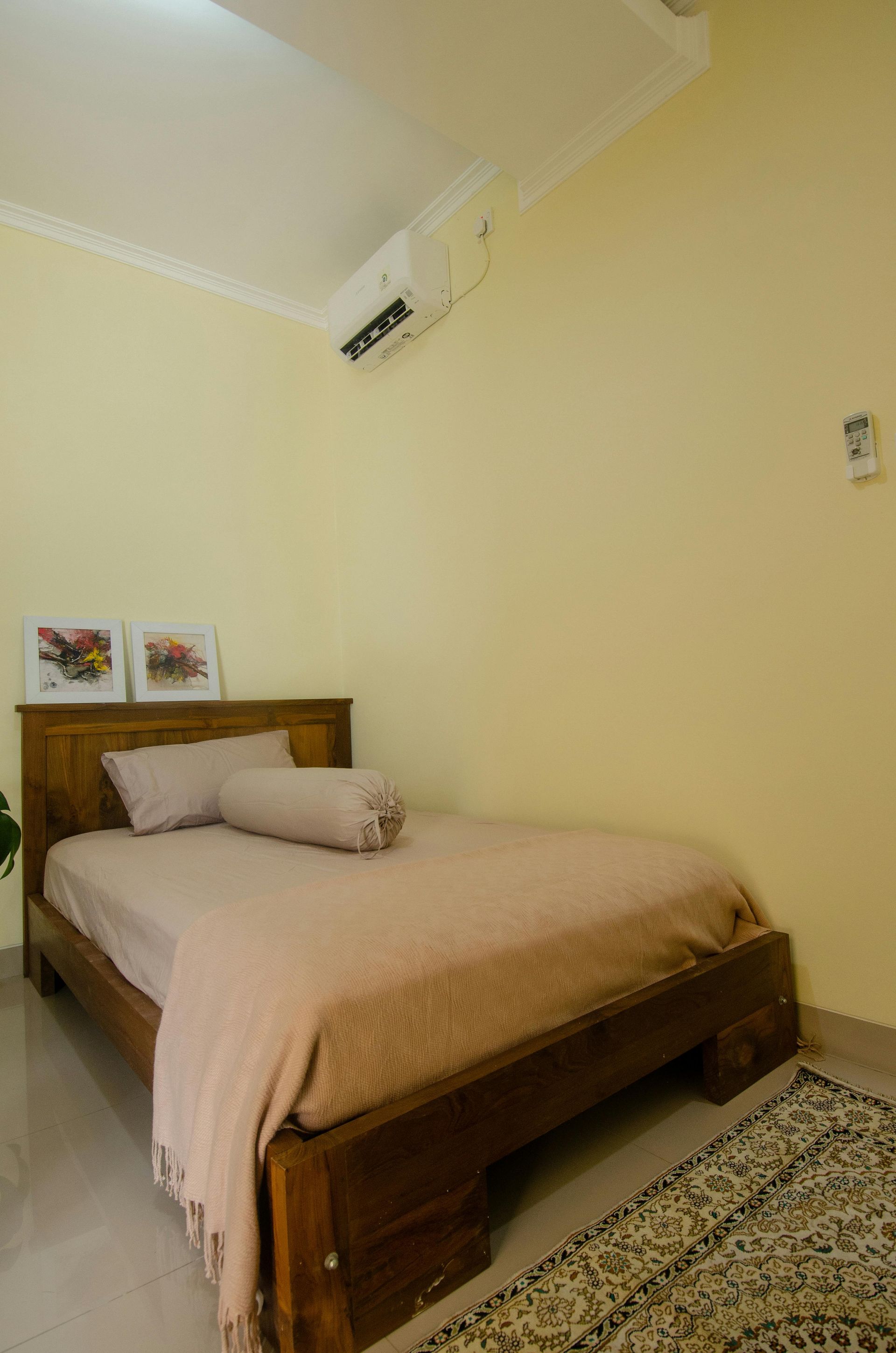How Long to Run Water After a New Water Heater?

Installing a new water heater can be an exciting upgrade for your home, providing you with a reliable supply of hot water for various daily tasks. However, after the installation, it's essential to follow specific guidelines to ensure the optimal performance and safety of your new water heater.
In this comprehensive guide, we will answer the question, "How long does it take to run water after a new water heater?" We'll provide you with valuable insights based on expertise and credible sources, helping you make the most out of your water heater investment.
How Long to Run Water After a New Water Heater?
Once your new water heater is installed, it's vital to follow the proper procedure before using it to prevent potential issues. The initial step after installation is to run the water for approximately 10-15 minutes.
This process helps eliminate any air pockets or trapped debris that might have accumulated during installation. By flushing the system, you ensure that the water circulates smoothly and that your water heater operates efficiently from the start.
Why Is It Necessary to Run Water After Installing a New Water Heater?
Running water after a new water heater installation serves several crucial purposes:
- Removing Air Pockets
During installation, air can get trapped in the water lines and the water heater tank. Running the water helps purge these air pockets, preventing potential disruptions in the flow and ensuring the water heater functions optimally.
- Flushing Out Debris
Even with professional installation, small debris and particles can find their way into the water heater. Running the water for the initial period flushes out these impurities, reducing the risk of clogs and ensuring clean water supply.
- Activating Heating Elements
Running the water allows the heating elements in the water heater to activate and start the heating process. This ensures the water reaches the desired temperature and prevents any damage to the heating elements.
To effectively flush a new water heater and eliminate any debris or sediment buildup, follow these steps:
Step 1: Turn Off the Power: Before flushing, ensure you turn off the power supply to the water heater. For electric heaters, switch off the circuit breaker, and for gas heaters, turn the gas supply valve to the "off" position.
Step 2: Turn Off the Water Supply: Locate the cold water supply valve leading to the water heater and turn it off. This step prevents any new water from entering the tank during the flushing process.
Step 3: Connect a Hose: Attach a garden hose to the drain valve located at the bottom of the water heater. Make sure the other end of the hose leads to a suitable drainage area.
Step 4: Open the Pressure Relief Valve: To enable a smooth flow of water during flushing, open the pressure relief valve on the water heater.
Step 5: Drain the Water Heater: Open the drain valve and allow the water to flow out through the hose. Be cautious as the water may initially be hot. Continue flushing until the water runs clear, indicating the removal of any sediment or debris.
Step 6: Refill and Restart: Once the water runs clear, close the drain valve, remove the hose, and turn on the cold water supply valve. Allow the water heater to fill completely before restoring power to electric heaters or turning on the gas supply for gas heaters.
Factors Affecting How Long to Run Water After New Water Heater Installation
The time required to run water after installing a new water heater can vary based on several factors:
- Water Heater Type
The type of water heater you install, whether gas or electric, can impact the flushing duration. Gas heaters may require a slightly longer flushing time due to the presence of a gas line.
- Water Heater Size
Larger water heaters typically take more time to fill and flush compared to smaller ones.
- Water Quality
In areas with hard water or high mineral content, flushing may take longer to remove sediment and impurities.
- Installation Quality
If the water heater was professionally installed, there might be fewer impurities to flush out compared to DIY installations.
- Usage
The amount of water used during the initial flushing process can affect how long it takes to run water after installing a new water heater.
Proper maintenance is crucial to ensure the longevity and efficiency of your new water heater. Here are some valuable tips to keep your water heater in top condition:
- Regularly Check the Anode Rod
The anode rod helps prevent rust and corrosion inside the water heater tank. Inspect the anode rod annually and replace it if it's significantly corroded.
- Drain the Tank Annually
Flushing the water heater tank annually helps remove sediment buildup, improving its efficiency and prolonging its life.
- Adjust the Temperature
Lowering the water heater temperature to 120°F (49°C) reduces energy consumption and minimizes the risk of scalding.
- Insulate Hot Water Pipes
Adding insulation to hot water pipes reduces heat loss during water delivery, conserving energy and maintaining higher water temperatures.
- Check for Leaks
Regularly inspect the water heater and its connections for leaks. Address any leaks promptly to prevent water damage and potential safety hazards.
Schedule Professional Inspections
Arrange for professional inspections of your water heater to identify and address any issues before they escalate.
FAQs
Q: How Long Should I Wait to Use My New Water Heater After Installation?
After installation, you should wait for about 10-15 minutes before using the new water heater. This allows time to flush the system and remove any air pockets or debris.
Q: Can I Turn on the Power or Gas Supply Immediately After Flushing the Water Heater?
No, it's essential to wait until the water heater tank is completely filled before restoring power to electric heaters or turning on the gas supply for gas heaters.
Q: Will Flushing the Water Heater Impact Its Warranty?
Flushing the water heater as part of regular maintenance should not void the warranty. In fact, proper maintenance often extends the life of the water heater, benefiting both the homeowner and the manufacturer.
Q: Can I Flush the Water Heater Myself, or Should I Hire a Professional?
Flushing the water heater is a relatively simple task, and many homeowners can do it themselves. However, if you're unsure or uncomfortable with the process, it's best to hire a professional plumber to ensure it's done correctly.
Q: How Often Should I Flush My Water Heater?
Flushing your water heater once a year is generally sufficient to remove sediment and debris. However, in areas with hard water or high mineral content, more frequent flushing might be necessary.
Q: What Should I Do If I Notice a Leak in My Water Heater?
If you detect a leak in your water heater, turn off the power supply (for electric heaters) or the gas supply (for gas heaters) immediately. Then, contact a professional plumber to inspect and repair the issue.
Conclusion
Knowing how long to run water after installing a new water heater is crucial for its optimal performance and longevity. Flushing the water heater to remove air pockets and debris ensures a smooth and efficient operation. By following the recommended maintenance tips, you can further extend the life of your water heater and enjoy a continuous supply of hot water for your daily needs.
Remember, regular maintenance and proper care are the keys to maximizing the benefits of your new water heater. With these guidelines and insights, you can confidently enjoy the comforts of a well-functioning water heater for years to come.
